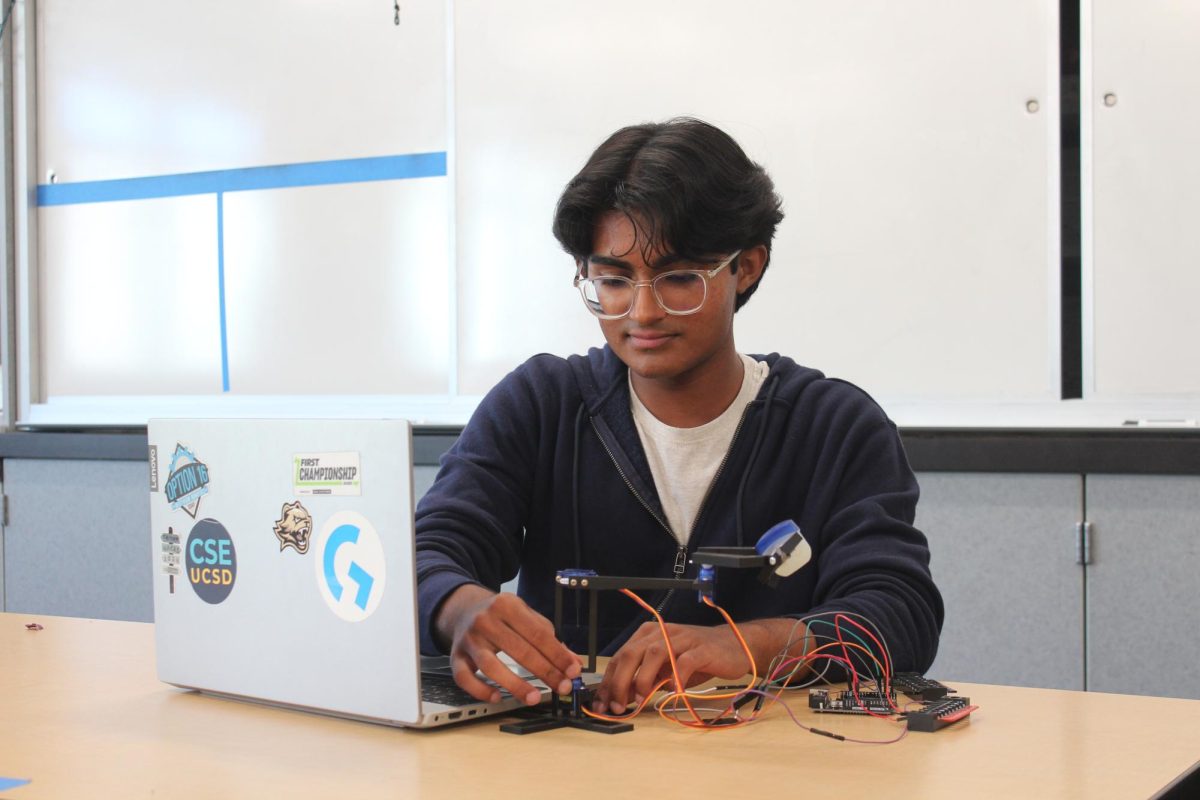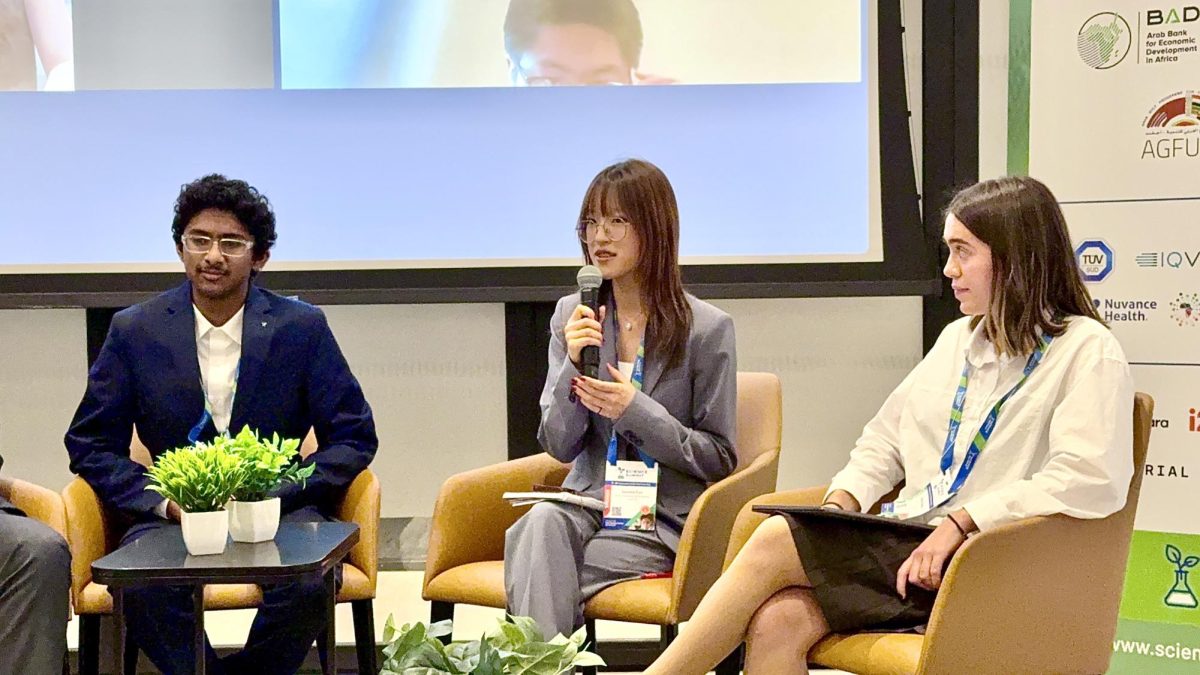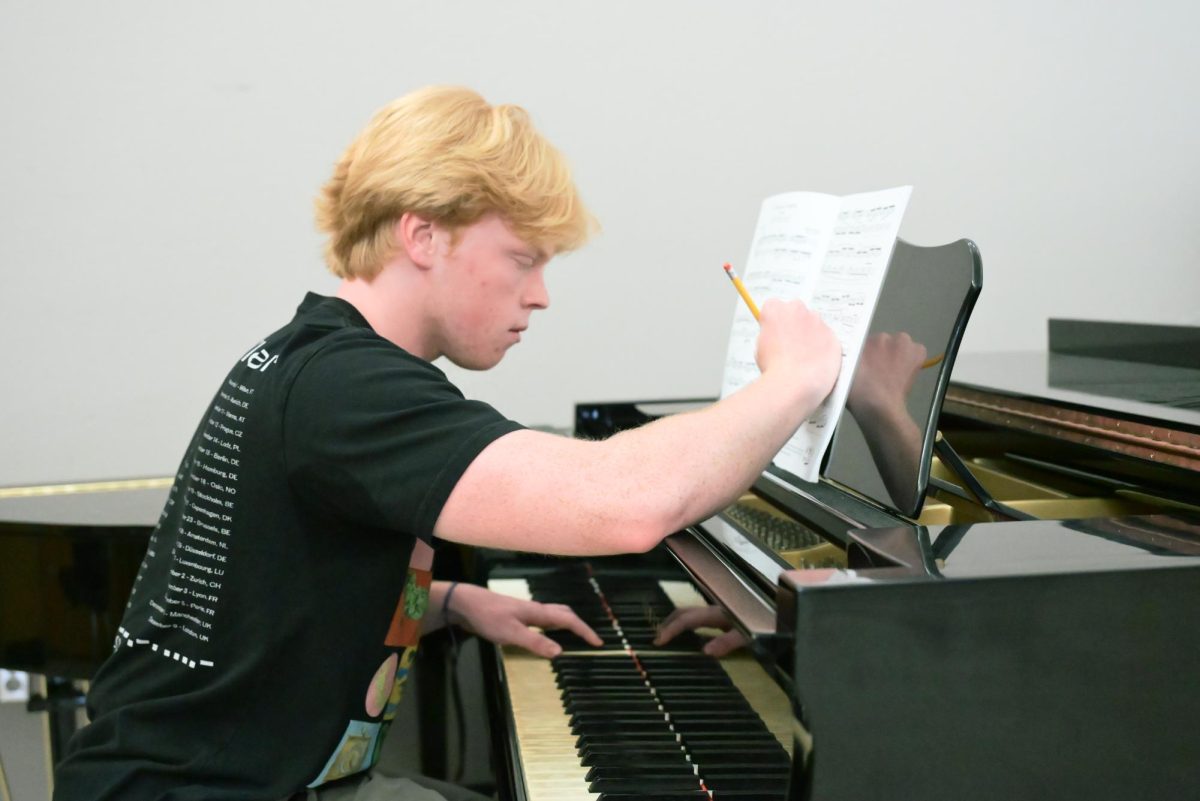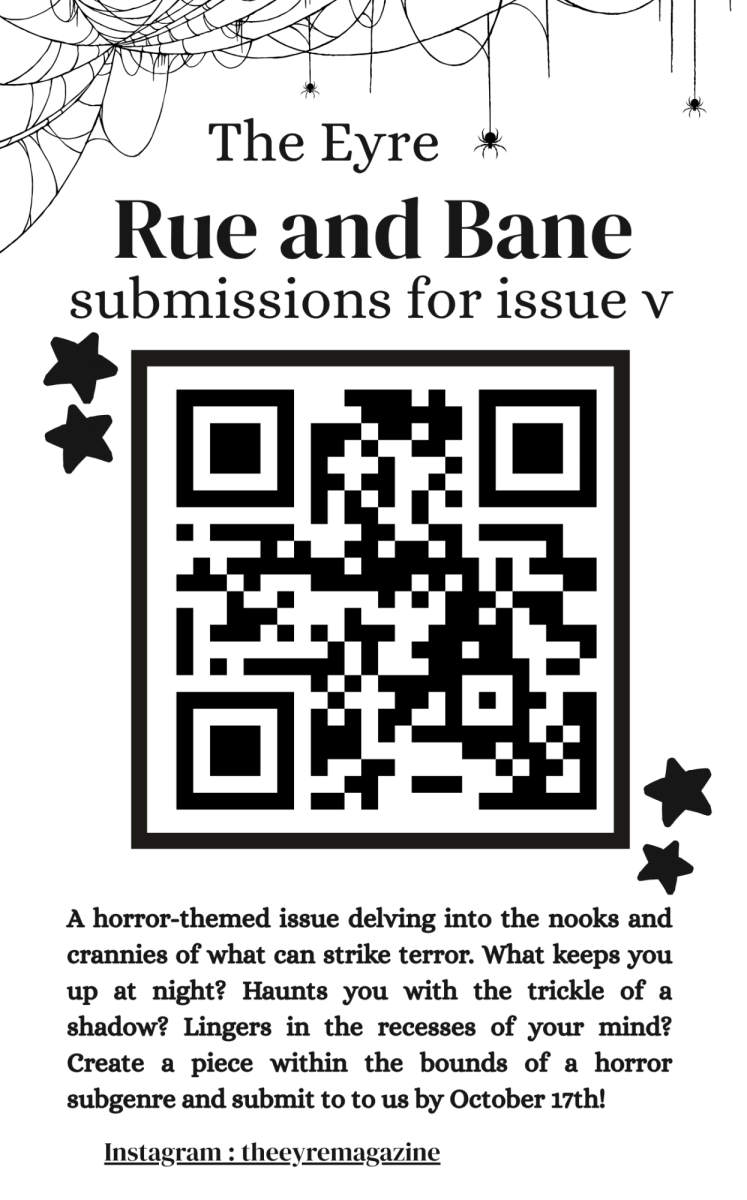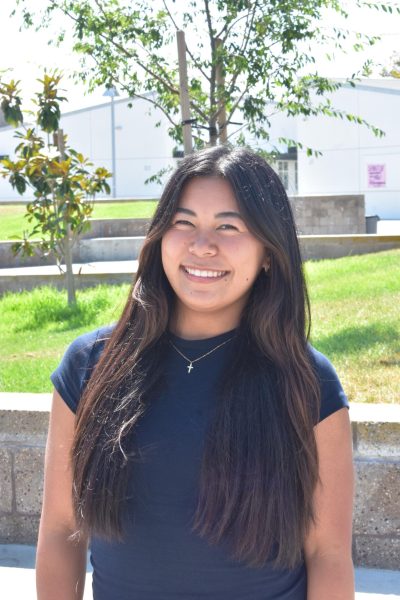Daniel Park (10) was merely four years old when his mom taught him to play the electric keyboard in their small Chicago apartment for the first time. Nearly 12 years later, Park won first place in the Charleston International Music Competition, his first international entry. He received the winning results after playing Piano Sonata No. 10 in G major, Op. 14 No. 2- 3rd mov. Scherzo: Allegro assai by Beethoven, Aug. 10.
This July, Park spent a week recording himself over a hundred times before presenting the final video online for the judging panel at the Charleston International Music Competition to examine. Scoring was based on technical ability and musicality.
Park competed with musicians from over 50 participating countries, most of whom had been playing their instrument since elementary school. When the competition’s results were revealed on August 10, Park had won first place in the 18th Century Music category, making him eligible for a personalized letter of recommendation for college applications, a personalized certificate of recognition, and a prize of $600.
The winning Beethoven piece Park performed was one he learned when he was thirteen, and it’s only one of many pieces in his musical repertoire. In preparation for the Charleston competition, Park spent an hour daily tweaking and perfecting the piece for ten months. During his daily practice, Park first warms up his fingers with scales, then begins to practice, focusing on specific difficult measures and perfecting finer details. Practicing piano once frustrated Park, but has developed into a gratifying, stress-relieving experience. He said that he got tired of playing piano and hated it at times, but the pieces that were fun to play helped him push through and maintain his passion for over a decade.
“I initially had a love-hate relationship with [practicing piano],” said Park. “It’s definitely more enjoyable now that I’m older. When I’m doing my homework and I feel burnt out, I go downstairs and play the piano for a little bit. If I’m stressed, it’s like a nice way to take my mind off of whatever I was doing and go into my own little world.”
Park remembers competing for the first time in 2016, playing a sonata at six years old. He continued to compete at regional and state competitions, including sonatas chosen by his teacher, who thought Park carried the high technical skill and endurance required for the Classical-era pieces.
“I thrive in classical sonatas more than other eras like romantic or contemporary or baroque,” Park said. “That’s my strong suit. With really long sonatas where you have to play for up to ten minutes, it can be a pain. If I don’t relax throughout the whole piece, my forearms and wrists ache at the end. I have definitely benefited from being relaxed on stage instead of focusing on making a mistake or focusing on my nerves.”
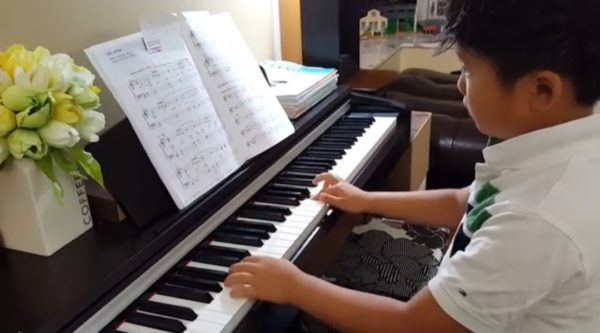

Park, when he began playing, didn’t expect to win competitions; stage fright often got the better of him, interfering with the skill that flowed from him when he was at ease. Park’s first experience of performance anxiety occurred at his first piano recital when he was six years old in front of his parents and the parents of other piano students, which he said was nerve-wracking.
“When I was younger, I didn’t have a lot of experience and I would get nervous, so I wouldn’t play the best. Now, the most difficult part about competing is making myself feel satisfied with my performance because a lot of the time, I pressure myself to win. I’ve learned to enjoy the performance and not get so caught up on my nerves.”
Even after his decade-long journey up the ranks and the triumph of the Charleston competition on his grand piano, Park still brings out his original electric keyboard from time to time, and with it the old memories of playing beside his mom.
“I still have [the electric keyboard] in my house today because it’s really special,” Park said. “My mom also started learning piano a little bit so I could have that somebody next to me. Playing piano is really special and probably one of the best things that’s ever happened to me.”


